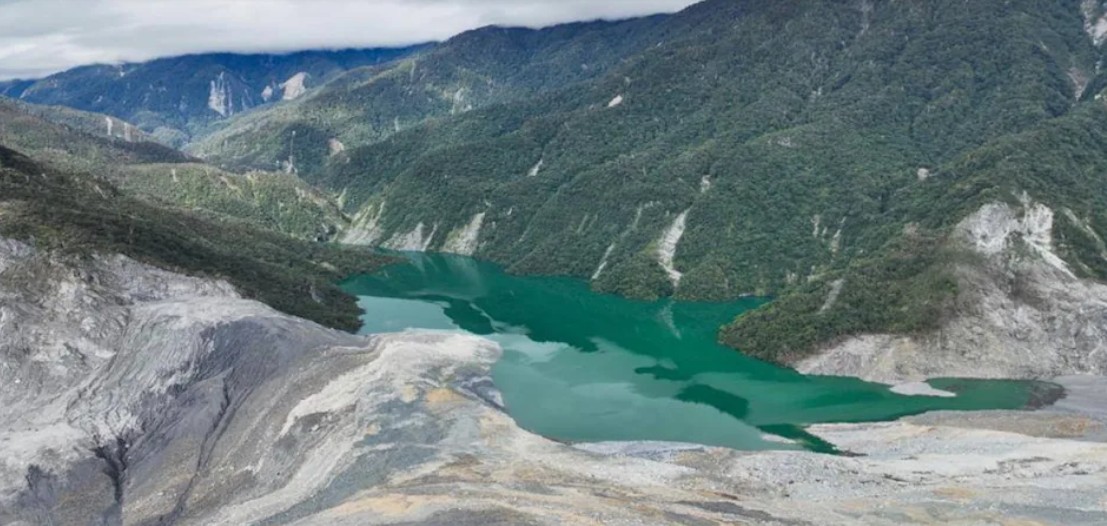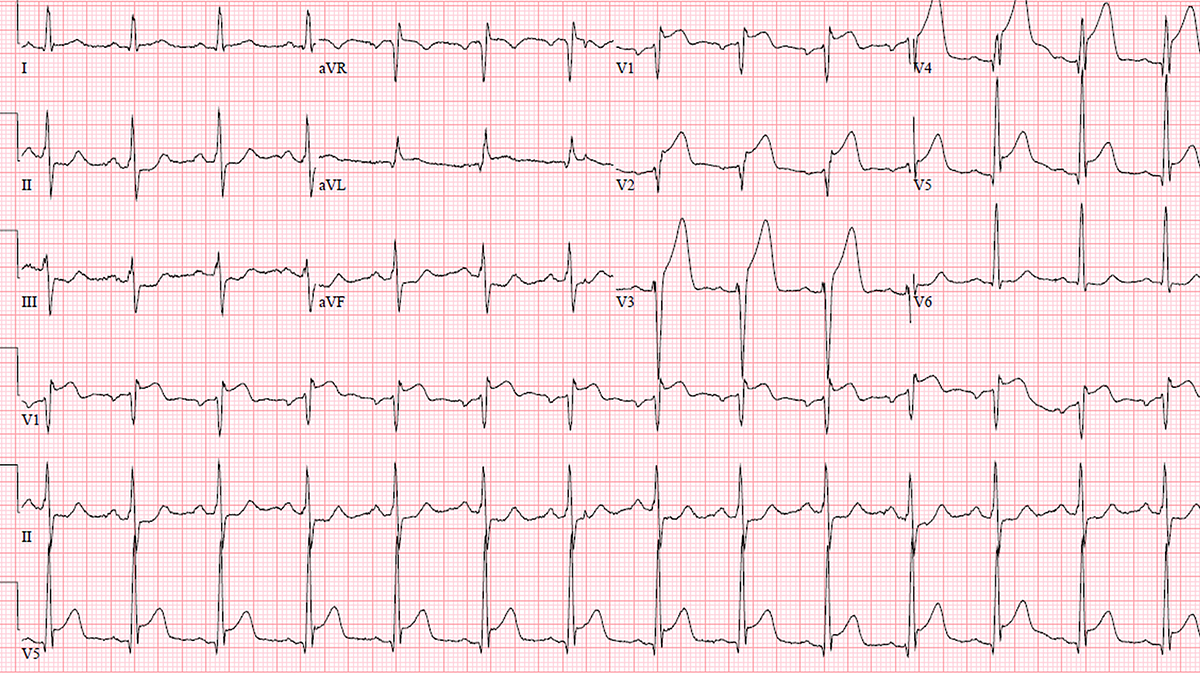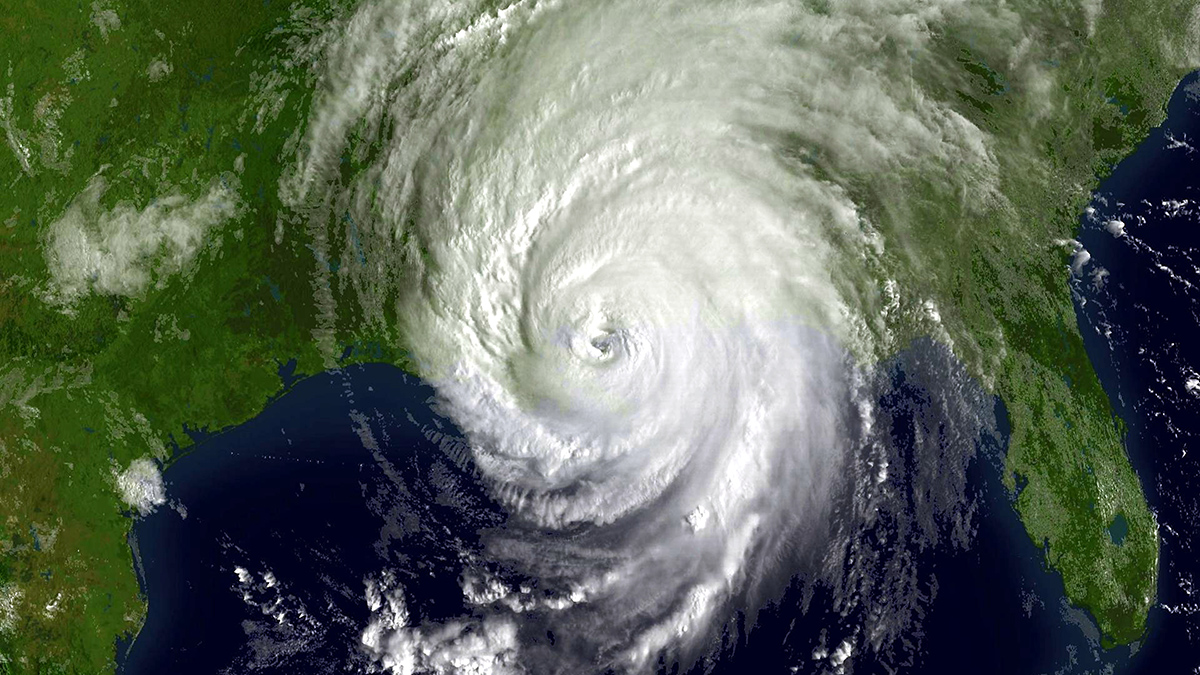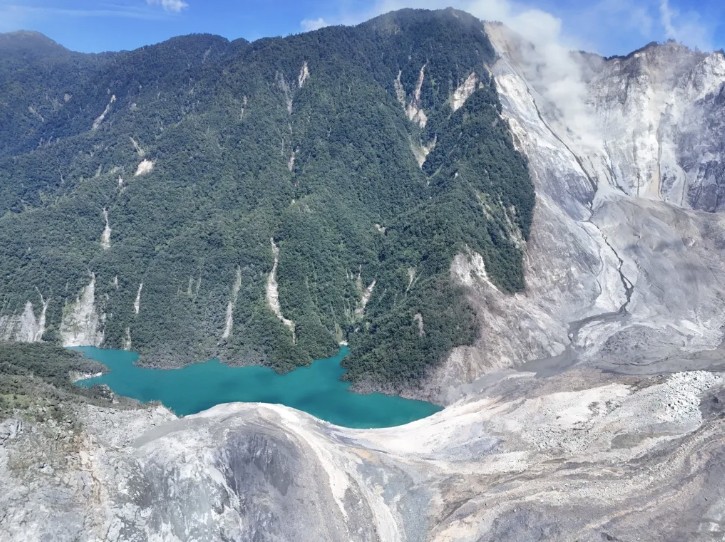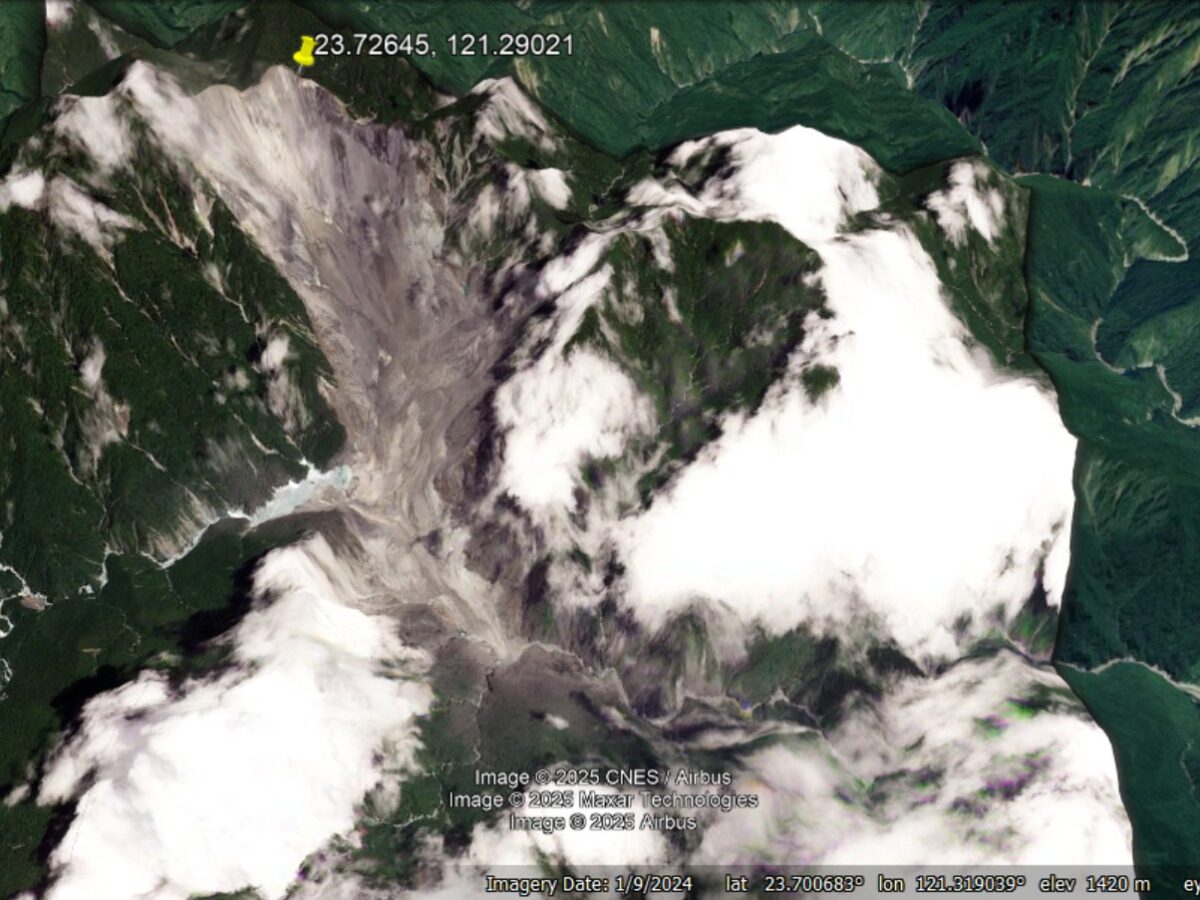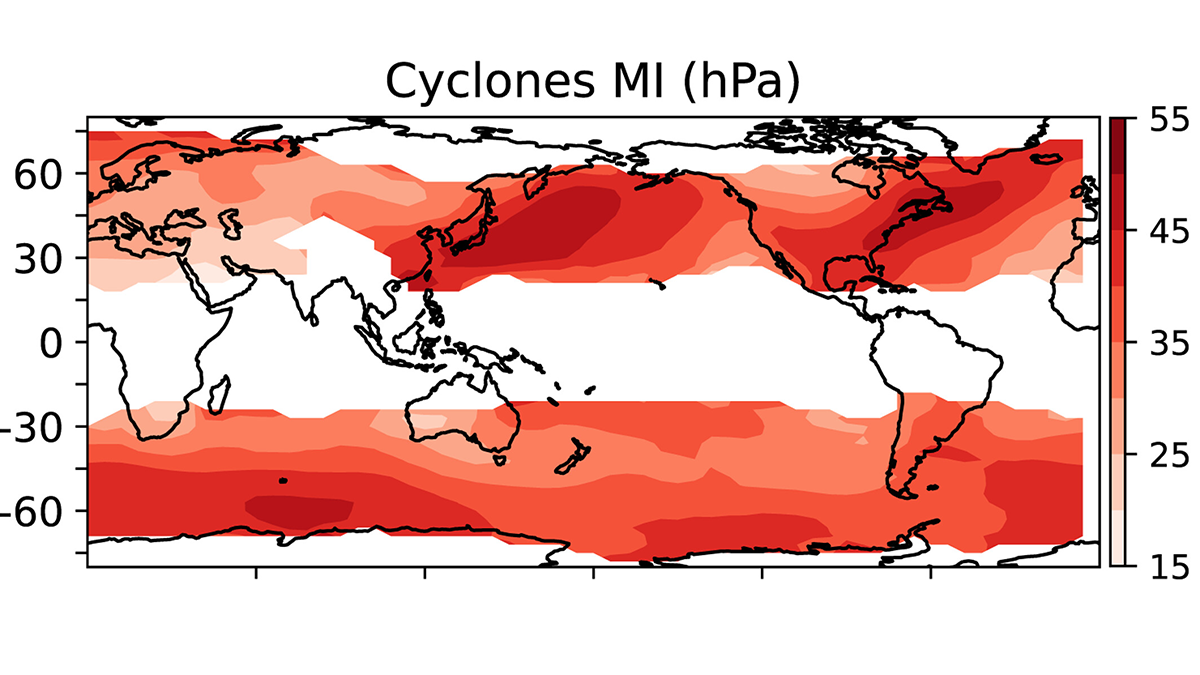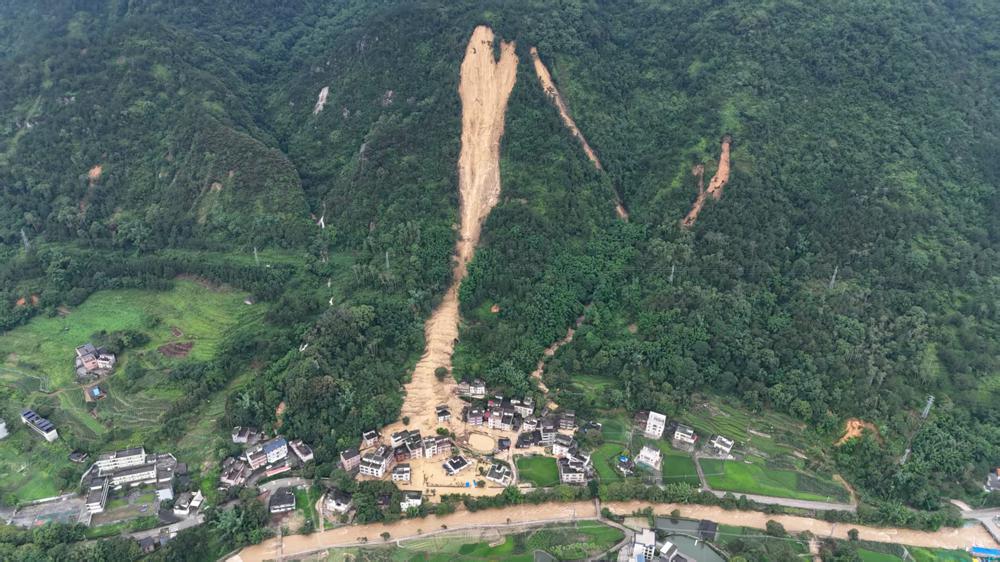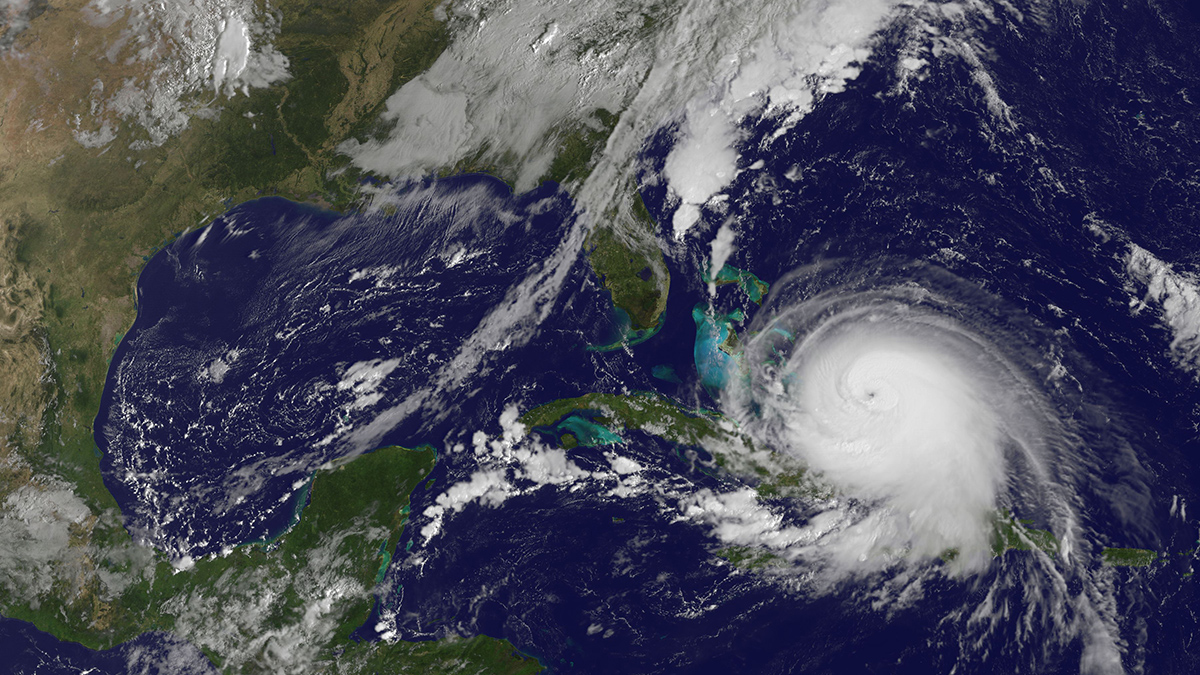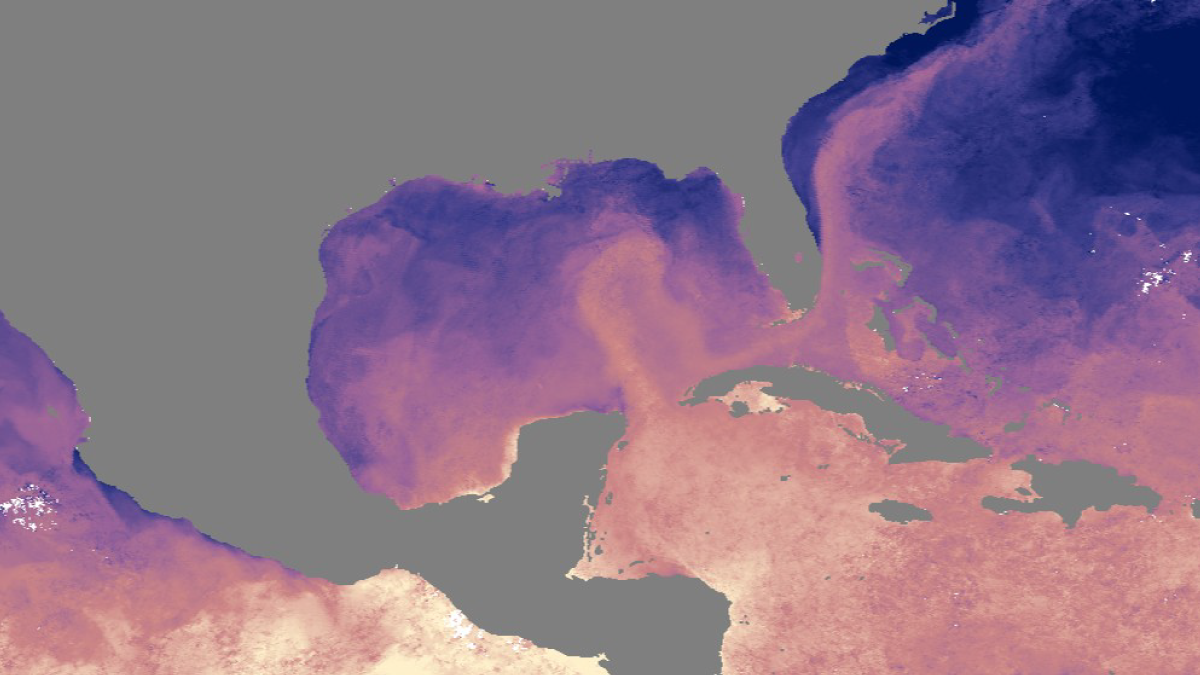Extremely heavy rainfall associated with super typhoon Ragasa could cause the Matai-an landslide dam to overtop in the next two days. In East Asia, super typhoon Ragasa is moving westwards between Taiwan and the Philippines. At the time of writing, Earth Cut TV has a live feed from the Batanes Islands, almost in the path […]
hurricanes, typhoons, & cyclones
Cyclones Affect Heart Health for Months After They Subside
In a multicountry study, researchers found that cyclones increase the risk of heart disease–related hospitalizations for up to 6 months.
How Researchers Have Studied the Where, When, and Eye of Hurricanes Since Katrina
Twenty years after one of the country’s deadliest storms, scientists reflect on improvements in the ability to understand and predict disasters.
The challenges of the valley blocking landslide in the Matia’an Valley in Wanrong township, Taiwan
The 21 July 2025 rock avalanche is generating a lake that could have a volume of 86 million cubic metres at the point of overtopping. This poses a threat to at least seven downstream communities in east Taiwan. Yesterday, I posted about the enormous 21 July 2025 rock avalanche in the Matia’an valley, in Wanrong […]
The 21 July 2025 giant rock avalanche in Wanrong township, Taiwan
On 21 July 2025, a very large rock avalanche occurred in the mountains of Hualien County, Taiwan. Initial measurements suggest that this ran out over about 6 km. On 21 July 2025, an extremely large rock avalanche occurred in the administrative area of Wanrong Township in Hualien Count in Taiwan. This event was detected on […]
Midlatitude Storm Dynamics Better Explained by Lagrangian Analysis
Examining the growth of storms using ERA-5 reanalysis data reveals a nonlinear relationship between baroclinicity and storm activity under extreme conditions.
The 15 June 2025 landslide at Zhonghe in western Guangdong province, China
A community in China had a narrow escape when a landslide, triggered by Typhoon Wutip, occurred on the slopes above the village. Fortunately, the population had been evacuated when a local woman noted signs that a failure might be imminent. At about 4 am on 15 June 2025, rainfall associated with the remnants of Typhoon […]
Busy Hurricane Season Expected in 2025
A new NOAA report predicts an active Atlantic hurricane season, though global weather patterns could still shift predictions.
The Wildest Ride on a Hurricane Hunter Aircraft
A 1989 flight through Hurricane Hugo tops the list for stomach-churning turbulence experienced by scientists, pilots, and crew aboard aircraft designed to fly through storms.
Ocean Current Affairs in the Gulf of Mexico
Multinational and multidisciplinary studies of the past and present of the Gulf’s Loop Current are helping to reveal what might be in store for coastal communities.

